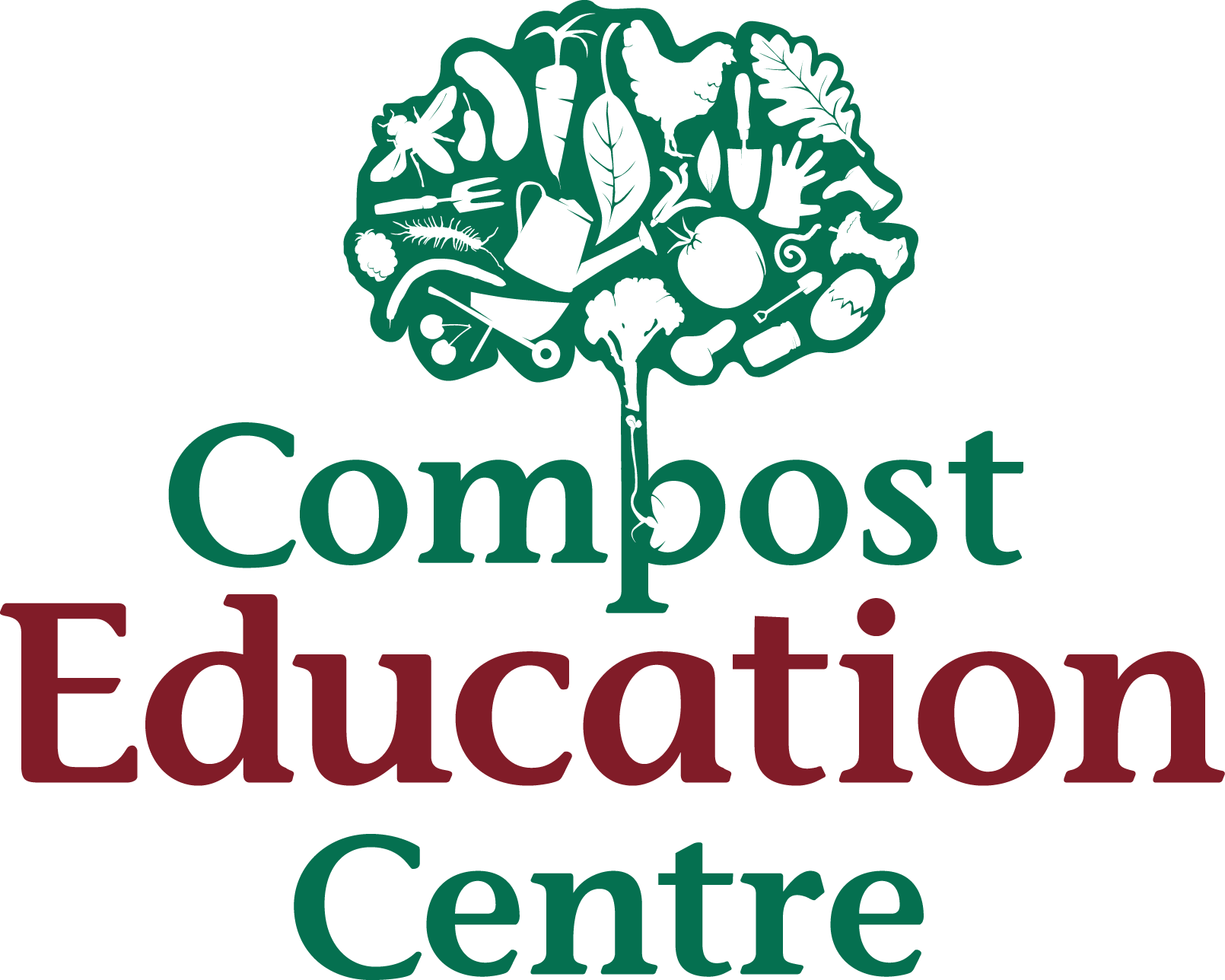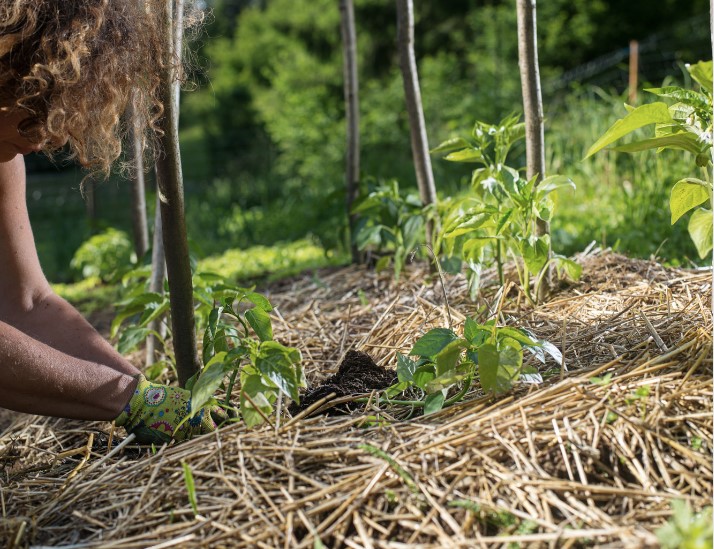
OUR WORK
Healing City Soils
The Healing City Soils program offers education and resources to dismantle barriers to growing healthy food.
Soil testing can be expensive, and the results are often complex, confusing, and disheartening. The uncertainty of soil contamination, the expense of soil testing, and the opaqueness of soil testing results are all barriers that prevent people from growing their own food. One of the most common questions we receive when disseminating the soil testing results and accompanying education is: “If my soil is contaminated, what can I do?”
To address these barriers, we collaborate with Professor Matt Dodd at Royal Roads University (RRU), environmental toxicologist Danielle Stevenson, and the PEPÁḴEṈ HÁUTW̱ Foundation. Every spring, we welcome applications from growers and gatherers through the Capital Regional District (CRD) who are interested in getting their soil tested. Over the summer, we mentor RRU environmental science students in performing heavy metal soil analysis and in the fall, we share the soil testing results with program participants along with informative factsheets and free workshops. Our objective is to empower CRD residents to heal their soil and grow food safely.
To explore this research question, we launched a research pilot, Ground Beneath Our Feet, in 2019 to explore the use of compost, native plants, and fungi to remediate contaminated soils. With the support of RRU environmental science students, we tend to three different plots in the CRD every summer including one at SṈIDȻEȽ, the first village site of the W̱SÁNEĆ people. We hypothesize that we can bioremediate the region’s soil in the long-term via this sustainable approach, and we are committed to contributing to this emergent research.
Through HCS, we dismantle barriers to people growing their own food; educate on how soil health is vital to local ecosystems, community wellbeing, and mitigating climate change; and build community around restoring damaged soils. We support the community in getting to know the soil beneath our feet. We want everyone to understand that the soil holds a memory of the region’s industrial past and present – and that we can build community around healing it.
Program Resources
A key piece of this project is raising awareness, sharing information to inspire safe and healthy food production here in the city, and empowering people with the necessary skills to build the health of their soil if contaminants are found.
Factsheet #11
Soil Contamination
Learn about the risks of soil contamination, how to test your soil, the root causes of soil contamination, and soil chemistry terminology.
Read the Factsheet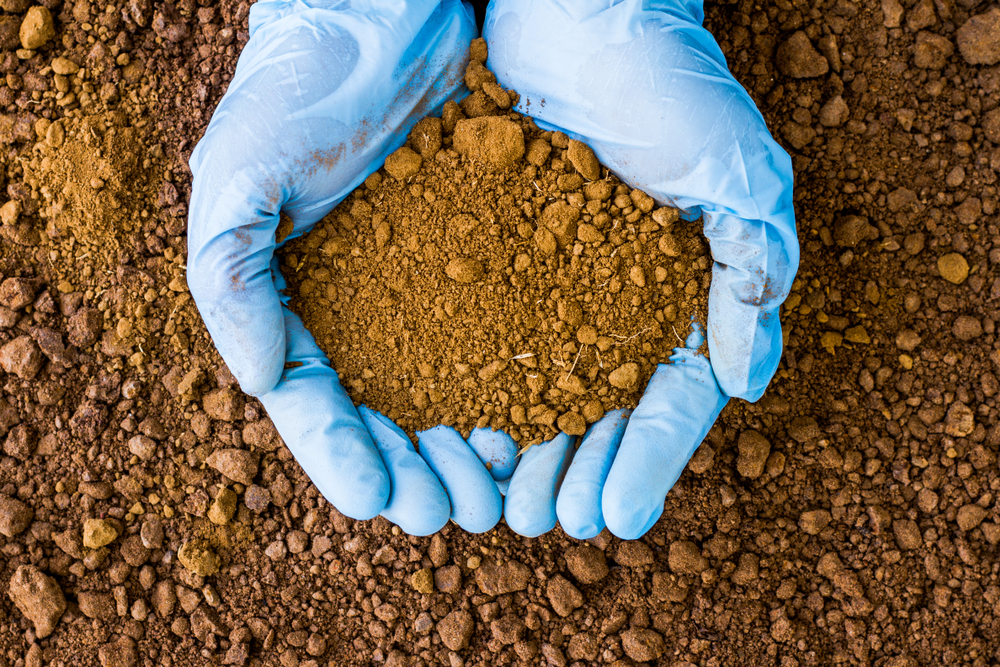
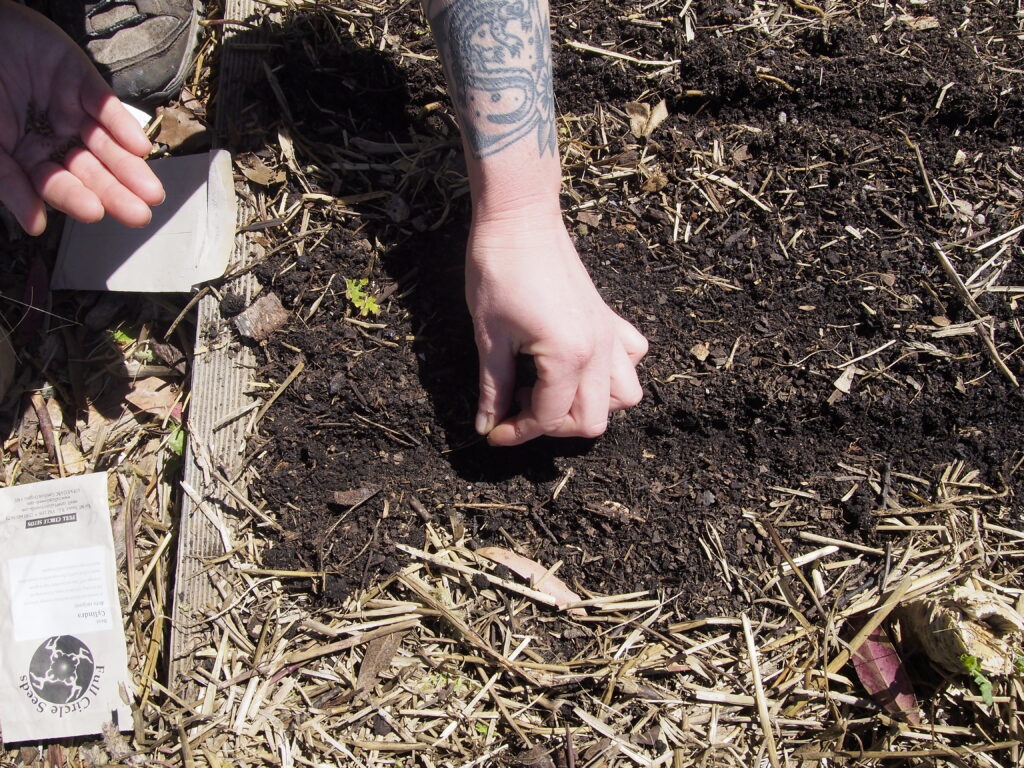
Factsheet #12
Best Practices for Health Urban Gardens
Learn safe gardening practices to reduce the health concerns of soil contamination, suitable crops for low-moderate levels of soil contamination, and common soil contaminants.
Read the FactsheetFactsheet #19
Bioremediation for Urban Gardeners
Learn about the three main types of bioremediation: phytoremediation, microbial remediation, and mycoremediation.
Read the Factsheet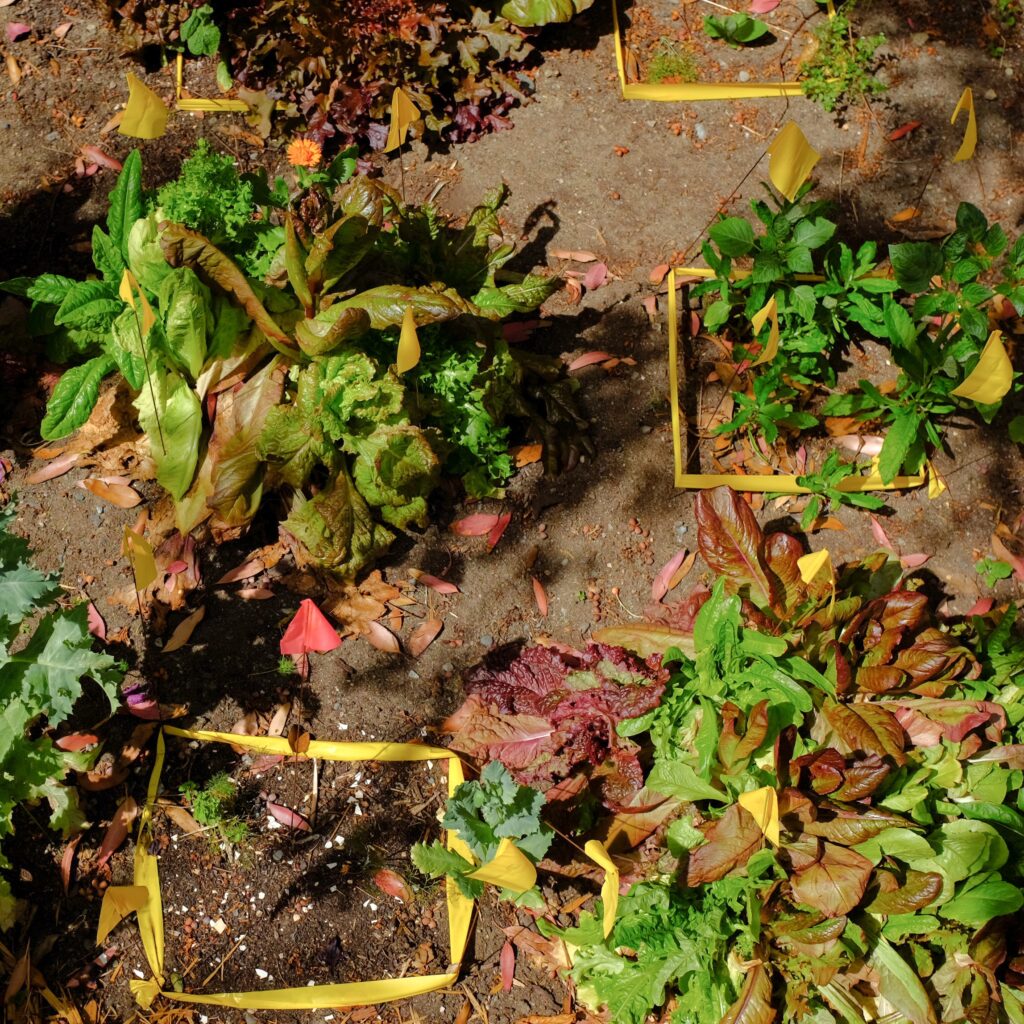
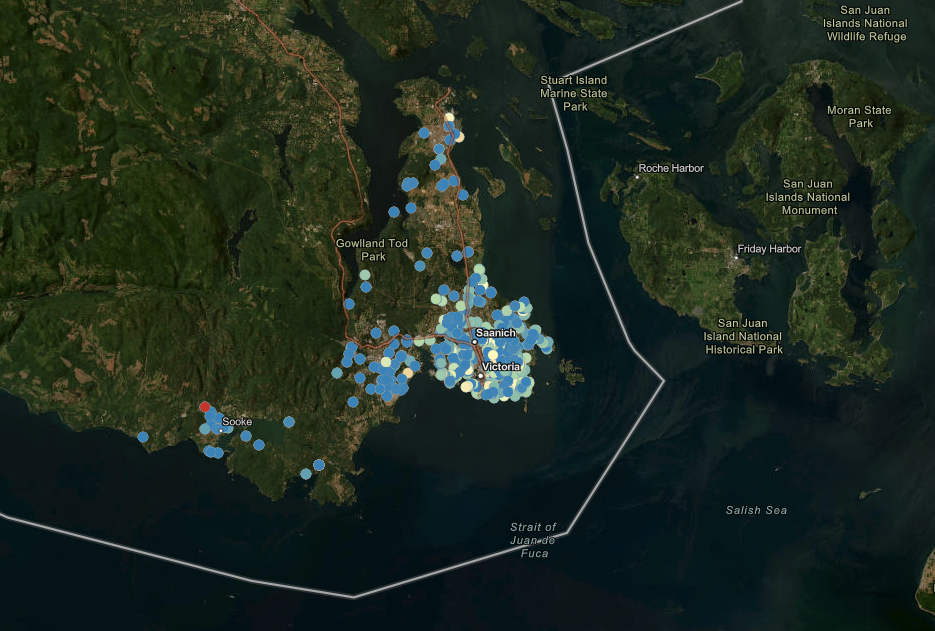
Victoria Soil Quality Map
View approximate indications of where elevated levels of heavy metals are located in the Capital Regional District.
View the Map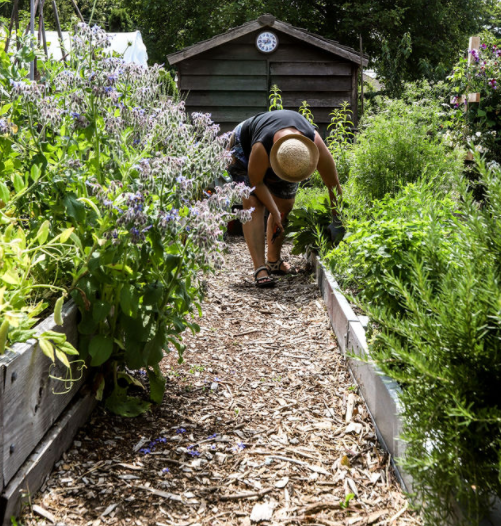
Public Workshops
Understanding & Addressing Soil Contamination
Join us for an introduction into heavy metal soil contamination, how to interpret soil test results, and the best practices for growing food near contaminated soils.
View Public Workshops